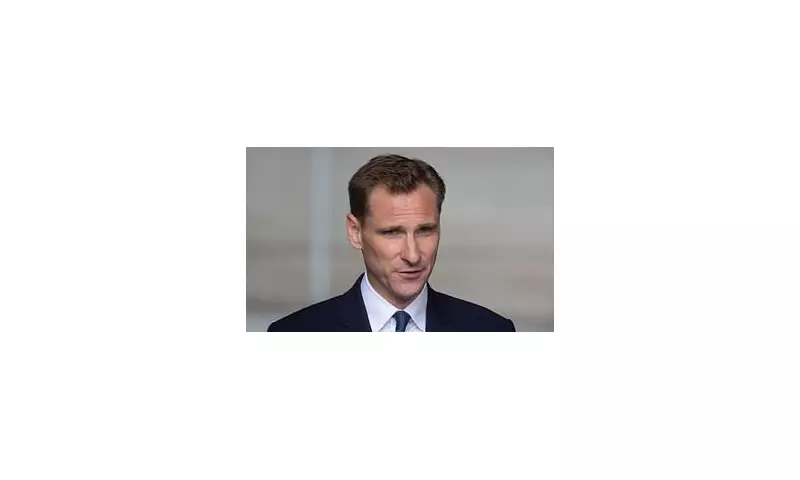
In a dramatic revelation that exposes the deepening small boats crisis, Labour's Shadow Justice Secretary Shabana Mahmood has launched a scathing assault on the Conservative government's failing immigration policies. The blistering critique comes as Channel crossings continue to dominate political discourse ahead of the next general election.
The Reality Behind the Rhetoric
Speaking with striking candour, Mahmood dismantled the government's narrative of control, stating unequivocally that the Tories have "failed on their own terms" regarding small boats. Despite numerous high-profile announcements and legislative efforts, the fundamental problem persists, leaving Britain's borders vulnerable and the public increasingly sceptical.
A Legacy of Broken Promises
The Conservative administration has faced mounting criticism over its handling of the crisis, with Labour now positioning itself as the party of genuine solutions. Mahmood's intervention highlights several key failures:
- Continued high numbers of Channel crossings despite repeated "crackdown" announcements
- Massive expenditure on schemes producing minimal results
- Growing backlog of asylum cases creating systemic pressure
- Damage to Britain's international reputation on migration management
Labour's Alternative Vision
Mahmood outlined Labour's contrasting approach, emphasising practical solutions over political posturing. The party proposes a comprehensive strategy focusing on:
- International cooperation to tackle people smuggling at source
- Processing efficiency to clear the asylum backlog
- Regional stability partnerships to address root causes
- Border security enhancement through technological innovation
The Political Stakes
With immigration expected to be a decisive issue in the coming election, both parties are sharpening their arguments. The Conservatives point to recent legislative achievements, while Labour counters that results matter more than rhetoric.
Mahmood's analysis suggests the government has lost credibility on an issue it once considered its political stronghold. As public patience wears thin, the pressure mounts for concrete solutions rather than repeated announcements of initiatives that fail to deliver meaningful change.
What Comes Next?
The small boats crisis represents more than just a policy challenge—it has become a symbol of governmental competence. With crossing numbers remaining stubbornly high and the human cost increasingly visible, the political temperature continues to rise.
As Mahmood concluded, the British people deserve "substance not soundbites"—a message likely to resonate with voters tired of promises that consistently outpace delivery. The battle for public trust on immigration policy has well and truly begun.





